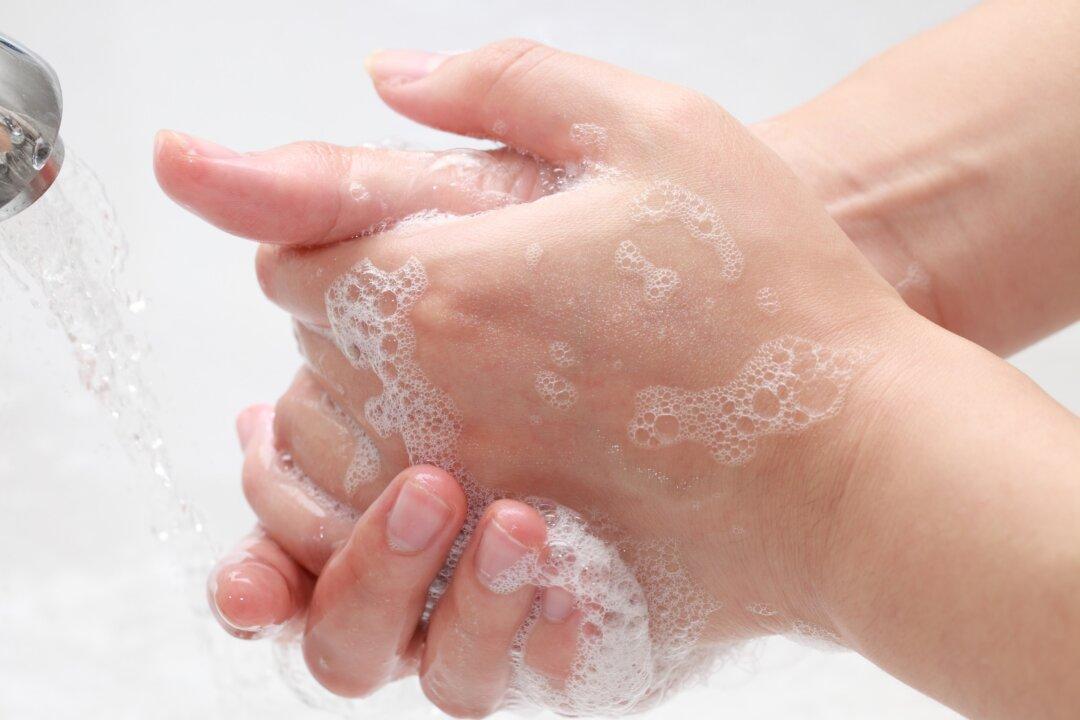The widespread use of antibacterial hand wash and hand sanitisers, promoted as a prevention measure against COVID-19, will lead to a rise in superbugs that cause untreatable diseases, Australian biomedical experts warn.
Researchers from Monash University are urging the public to stop using soaps labelled as “antibacterial” when washing hands because they could lead to antibacterial or anti-microbial resistant (AMR) bacteria.





